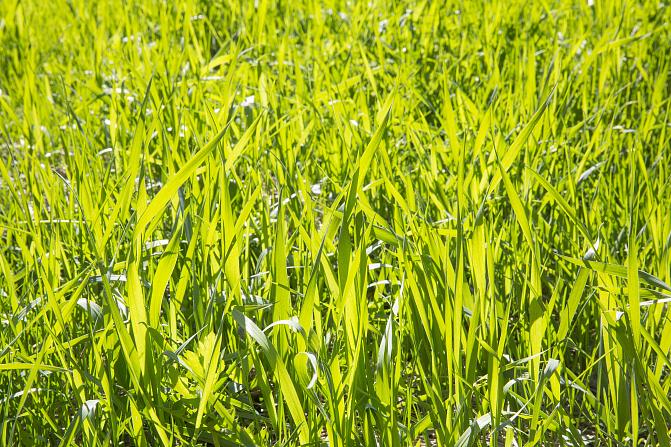Doctoral dissertation: The carbon footprint alone does not give an adequate picture of the ecological sustainability of agricultural production
According to the doctoral dissertation of Katri Joensuu, the sustainability of agricultural production should be measured using a set of different indicators describing the environmental impacts, such as climate change, as well as resource use efficiency indicators. For example, it would be important to take into account the impacts of farming on the quality of field soil the efficiency of nutrient use in the different stages of the production chain of agricultural products.
In her dissertation, Katri Joensuu (M.Sc.) identified environmental sustainability indicators relevant for agricultural production. She also developed the assessment methods for novel environmental indicators related to soil quality and nutrient use efficiency for agricultural products in the context of Life Cycle Assessment (LCA).
Agriculture contributes to many global environmental problems
Agriculture has been shown to have a great impact on for example climate change, eutrophication and biodiversity loss. The magnitude of environmental impacts can be assessed for example with LCA, which is a widely used method to quantify the environmental efficiency of products and production systems. LCA can be used to identify the best ways to manage and reduce the environmental impact of production.
Current life cycle assessment methods are deficient from the point of view of agricultural production
The most widely used LCA methods include a variety of environmental impact categories, for example climate change, stratospheric ozone depletion, acidification, eutrophication and ecotoxicity. However, most of the methods were originally developed for the assessment of environmental pressures caused by industrial processes. They may, therefore, not be sufficient to describe the environmental pressures caused by agricultural production, which is largely based on biological processes. From the point of view of agriculture, the most relevant environmental impacts included biodiversity loss and interference with the global nitrogen (N) and phosphorus (P) cycles, land system change, freshwater use and climate change.
Soil quality and nutrient flows are also central aspects in the improving of agricultural sustainability
Central indicators describing the quality of field soil are erosion, decline of organic matter and soil compaction, for which there are suitable methods for LCA. In addition, a separate indicator describing the efficiency of nutrient use would help to get a a more comprehensive picture of the nutrient flows related to the production chain and control the eutrophicating emissions.
Katri Joensuu (M.Sc.) will defend her doctoral dissertation “Improving the Life Cycle Assessment of agricultural products: Focus on soil quality and nutrient footprint” on 9 September 2022 at 13.15 in the Faculty of Agriculture and Forestry of the University of Helsinki. The public defense will take place in Hall 108, Forest Sciences Building, Latokartanonkaari 7, Helsinki. Link to the remote connection public defence for the audience: https://video.helsinki.fi/unitube/live-stream.html?room=l3. Associate professor Serina Ahlgren from RISE Research Institutes of Sweden will serve as the opponent and Associate professor Hanna Tuomisto from the University of Helsinki as the custos. The dissertation is published in the series Dissertationes Schola Doctoralis Scientiae Circumiectalis, Alimentariae, Biologicae.
